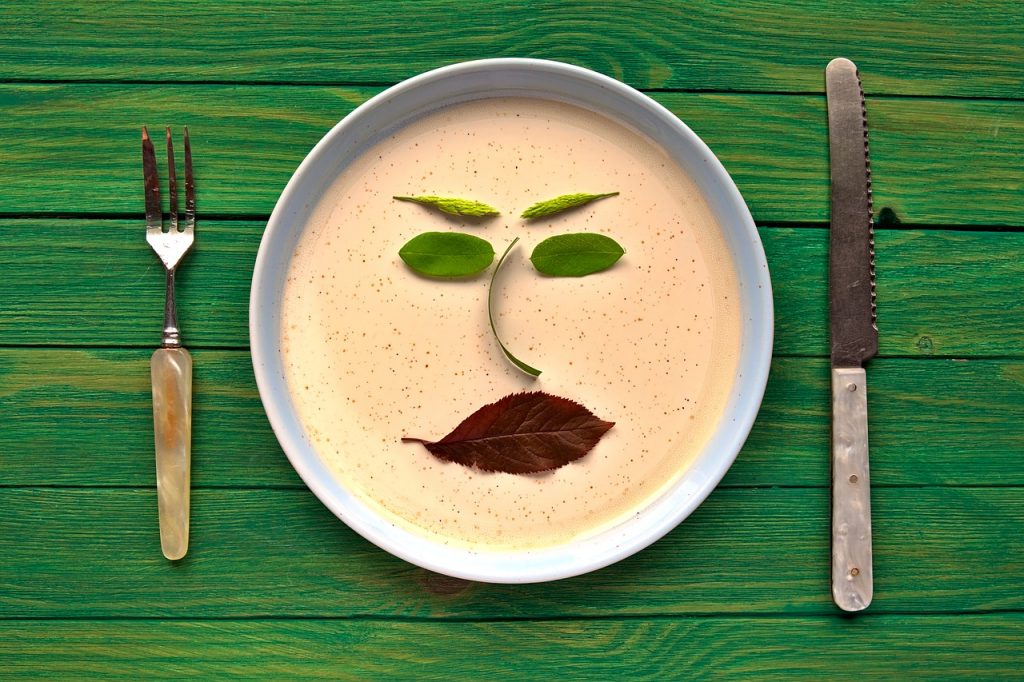Navigating Food Intolerances:
Understanding, Managing and Thriving

Not every food is for everyone, everybody reacts differently to different food. Choose your own food.
Food intolerance/Food Allergy occurs when the body has difficulty digesting specific components of food, leading to various symptoms. Unlike allergies, which trigger an immune response, intolerances are generally related to enzyme deficiencies, sensitivities, or other underlying issues. There is no cure to this allergy but to avoid the food, that causes it. There are many food allergy tests which can be done to find which the right food for you is. But the best option to find your food allergy is only self analysis and observation. Avoid the food which gives you allergy and reacts after eating.
Identifying Symptoms:
Food intolerance symptoms can vary widely and may manifest hours or even days after consuming the trigger food. Common symptoms include:
- Digestive Issues: Bloating, gas, diarrhea, or constipation.
- Skin Problems: Rashes, hives, or eczema.
- Headaches: Migraines or tension headaches.
- Fatigue: General tiredness or lethargy.
- Mood Changes: Irritability, anxiety, or depression.
- Joint Pain: Arthritic-like pain or discomfort.
List of intolerants and Exploring Alternative Foods
1) Proteins:
Proteins is not the easy to digest nutrient. Choose the right amount of protein for yourself through right mode. People with poor metabolism and weak gut health often find the side effects after consuming difficult to digest proteins.
How to make protein Digestible?
- Take easy to digest proteins like, include animal proteins, milk/ whey protein more in your diet.
- Always have Dal/ Pulses along with Rice, chapatti or bhakri for easy assimilation in your body.
- Cook or over cook the beans. Overcooked beans are more preferred if you feel bloated after eating beans in your diet.
- Don’t eat the raw or soaked once cook them.
- Vitamin – C helps in protein absorption, so taking lemon juice before eating beans or sabut pulses, or adding lemon in it will helps in better absorption and digestion.
2) Milk
Milk has the fat named Lactose, which is not being tolerated by 30% of the population. Why it is not being tolerated? Our small intestine produces an enzyme called ‘Lactase’, which helps in digesting the Lactose of the milk. If your intestine doesn’t produce enough lactase you become Lactose Intolerant. To avoid this intolerance you should start finding the replacement of animal milk.
What are the replacements of Milk?
- If you are facing lactose intolerance but still wants to enjoy the feel of milk. Almond milk, cashew milk, walnut milk, dry fruit milk is the ideal options and healthy replacement.
- Curd is also the other alternative if you want same nutrient value that you get from milk.
3) Oily and greasy food
It is said that not every tasty thing is healthy. People who have indigestion issues, IBS have to restrict their hands on oily and greasy food. As they affect their metabolism and disturbs the functioning of whole system.
How to deal with Oily food:
- Replace your oily food with baked ones. They will give you the similar taste and will not give indigestion symptoms.
- Consume it in smaller amount, combining it with fruits and salads.
- Have some herbal tea after having such food to ease your bloating and other symptoms.
4) Spicy Food
Spicy food is not for every tummy; it enhances your taste buds but badly affects your guts. Acid reflux, ulcers, heart burning is the problems faced after have spicy meal.
What precaution for Spicy food Intolerants:
Avoiding Spicy food is the only option for the people who are intolerant to it. Who are suffering from leaky gut, weak auto immune system, poor gut, IBS should totally choose the non spicy and non oily food.
5) Caffeine
People use caffeine to cut their sleep or sometimes to lessen their tiredness. Caffeine is not right for everyone and may not work at all for them. Caffeine intolerants get heartburn, nausea, migraines, anxiousness and difficulty in sleeping.
How to deal with caffeine intake?
- Caffeine can be consumed occasionally along with some eats/ snacks to subside its effect.
- Replace your caffeine with Herbal flower teas, which has zero side effects.
6) Gluten
Gluten intolerance results in Celiac disease. People with this disease have to completely avoid gluten based food. IBS or poor auto immune system, they too are recommended to lessen the consumption of gluten in their diet.
What is the remedy for Gluten Intolerant?
- Gluten intolerant people can replace their daily meal with either rice or gluten free flours. These flours are good in fiber and gut friendly.
- Avoid breads and all bakery items which has added gluten in it.
- Prefer home cooked food and depend more on salads, juices and fruits while travelling.
7) Fermented Food
Although fermented food is considered as the immunity boosting food , that helps in improving your overall health . Some people are allergic to fermented food and shows immediate reactions after consuming it, such as, hives, breathing issues, swelling, rashes etc. If you are facing all these issues after consuming any fermented food then it is your call to stop using them in any form.
Diagnosis and Professional Guidance:
Identifying food intolerances requires a systematic approach:
- Food Diary: Keeping a detailed record of your meals and symptoms can help identify patterns.
- Elimination Diet: Gradually eliminating suspected trigger foods and reintroducing them one by one can reveal intolerances.
- Medical Assessment: Consulting a healthcare professional is crucial to rule out other conditions and receive accurate guidance.
Recommended Links:
